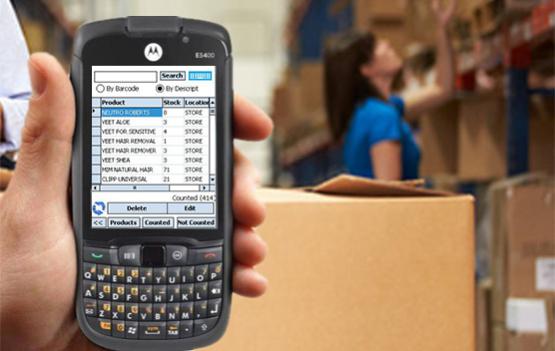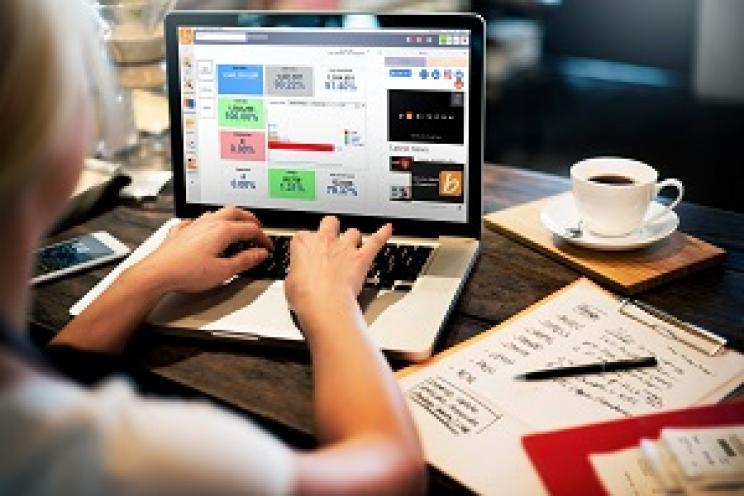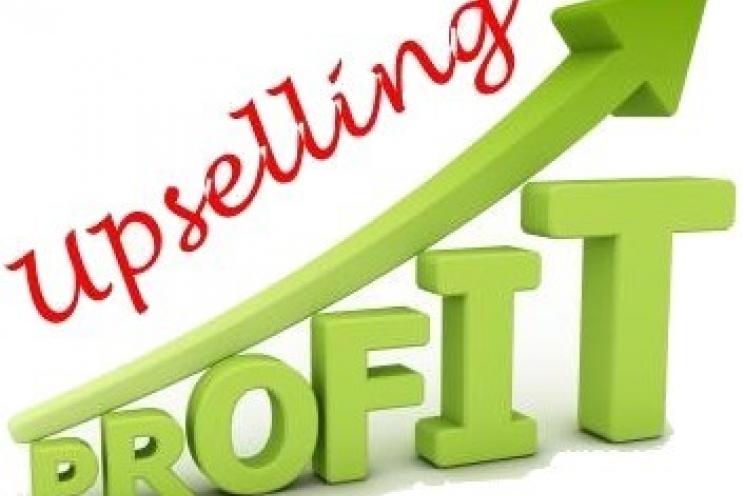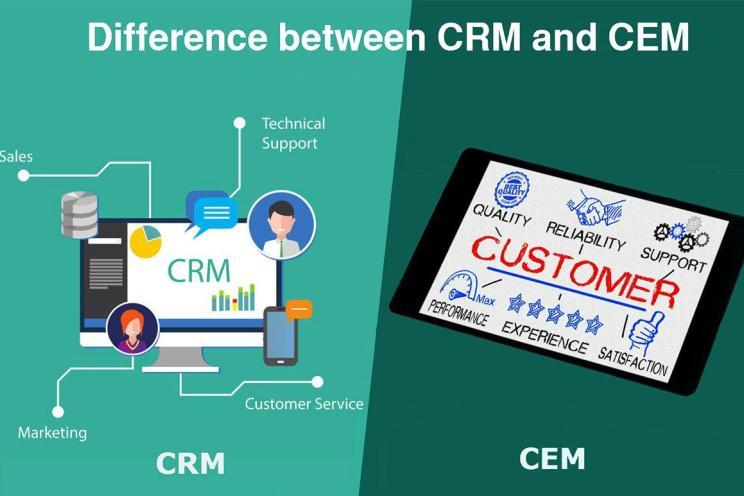
The best purchasing practices that you should start applying!
When it comes to food and beverage industry, making purchasing decisions is critical.
You have to categorize your highly perishable goods and non-perishable ones, monitor your consumer demand and orders and seek for the best supplier.
While you may be focusing on the final stage of food when it’s finished and ready to be served, you may want to pay a closer attention to the previous stages when this tasty meal was a bunch of different raw materials put together.
Remember something, the quality of your ingredients sustains your relationship with your customers in addition to maintaining your reputation in the market while the cost of this material determines your profitability.
The past year was a major strike in the food business especially when it comes to the supply chain at restaurants.
Restaurants found themselves in a total mess that left them with many wasted goods and incurred costs.
Now, everybody is reconsidering their purchasing practices trying to decrease their costs.
What are the most important purchasing practices that you can adopt in your business?
Start with a reliable supplier
You need to build a long and solid business relation with a reliable supplier.
You have to create certain criteria on which you base your choice of a supplier.
And no, it’s not only about prices.
Let’s be honest the deals that you can get from your supplier is the most important criterion but you shouldn’t stop there.
Depending on the size of your business, find a supplier that matches or exceeds the needs of your business so you don’t end up buying what the supplier wants to sell you instead of buying what you really need to function, the article written in the info entrepreneurs “Supplier selection process” explains.
Look for different criteria such as:
- Delivery time needed from the moment you place your order
- Payment terms and conditions
- Quality assurance
- Their customer support and availability and their responsiveness to your requests and inquiries
- Return policy
Once you have set your expectations, it’s easier for you to narrow your choices.
But
Don’t depend on a single supplier. It will endanger your business and you might be more prone to shortage and price increase.
Get at least two quotations
2 is better than 1 and this rule is applicable especially when purchasing goods and raw material for your business.
Get at least 2 quotations from your trusted suppliers to compare prices and new offers or conditions applied or maybe payment facilities.
We are very grateful for technology.
Why?
Because we can rely on it even when making purchases and when needing different prices and quotations.
When it’s time for a new purchase, a smart inventory management software helps you get the best deals based on your needed quantities from suppliers you have in the system.
Let’s say you usually order from 3 different suppliers and it’s time for replenishment, check your software to get you different deals from these suppliers while sitting on your desk.
Check out the article “what is inventory management and why is smart purchasing important” for more insights on inventory management and purchasing.
Sometimes you may find yourself choosing the highest price quotation because you decide to choose a faster delivery time over price.
This issue can be solved with proper planning and demand forecasting that once again and thanks to technology is easily obtained through reading your reports generated from your software.
Balance cost of goods versus their delivered quality
You certainly want the best quality of products to be served in your business.
But, is this always realistic?
Higher quality is usually associated with higher costs so people may avoid visiting your shop or restaurant.
If you go too low on the quality, people will certainly avoid you even if prices are too low.
The key is balance between costs and quality. Try to buy items that are lower in costs but that enable you to slightly increase the profit margin on them especially items with high demand.
Look for seasonal vegetables and fruits to be served with affordable prices and decent quality.
You may want to import certain products so look for bundles and offers on these ones because usually they are associated with additional import taxes.
Keep your stock information updated
Don’t overstock your purchased items for many reasons even if the demand on them is high.
If covid-19 was to teach us a lesson, it would be that we will never know what happens.
One day we all woke up with severe restrictions including not opening restaurants or not visiting supermarkets.
Bottom line, demand changes very quickly and overstocking means laying unwanted costs.
The best way is to analyze your inventory and sales reports to be able to place orders accordingly.
Look for offers on small quantities
The rule of thumb is that suppliers usually offer discounts on large quantities. Certain suppliers though offer you discounts or give offers on small quantities especially the ones having low demand.
Benefit from this to create offers yourself at your supermarket or to introduce new meals featuring these items.
As much as you care for customer service and finished goods, you have to care for purchasing behaviors and processes.
Invest in technology to enhance your operations, make them more efficient and save yourself the time and money.





